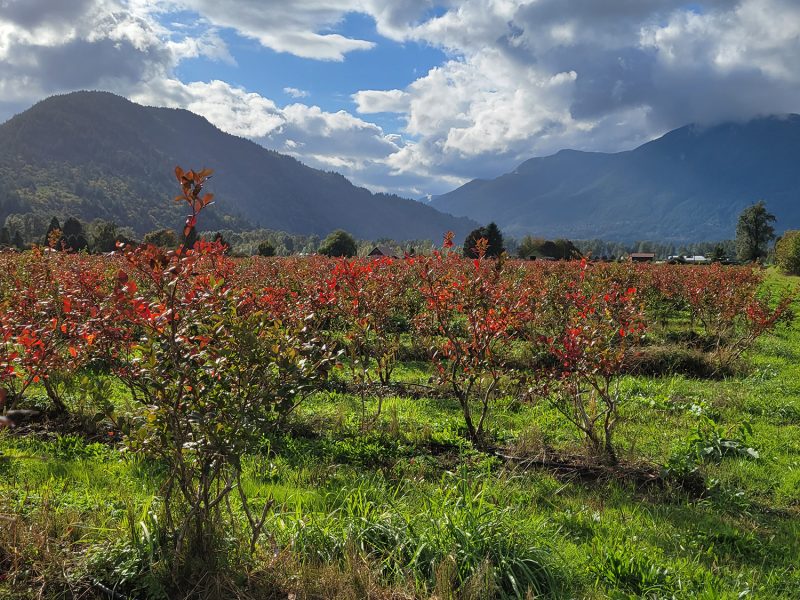Property assessments will soon be landing in mailboxes across the province, with the publication of the 2023 tax roll by the BC Assessment Authority.
But farmland assessments in the province are largely unchanged despite the dramatic shifts in the real estate market as a whole, according to BC Assessment.
“Properties with Farm Classification have static legislated land rates applied to them and do not fluctuate with the market compared to most other property types, such as the regular residential market,” BC Assessment told Country Life in BC in a statement.
While the value of non-exempt farm dwellings and improvements do change, in line with similar types of structures in the area, BC Assessment described this as “quite variable.”
While the property market has cooled in recent months, a BC Assessment news release in early December warned property owners that they could see above-market assessments this year as market conditions softened following the July 1 valuation date.
This runs counter to the 5% to 15% increase residential property owners were told to expect last month, thanks to market conditions that prevailed in the first half of last year. Residential is the largest single property type in BC, and sets the pace for the value of provincial tax roll.
BC Assessment reported this week that the province’s 2.2 million properties increased by an average of 12% versus last year to $2.7 trillion.
In October, Farm Credit Canada indicated a 15% average increase in farmland values province-wide between July 1, 2021 and June 30, 2022.
Farm Credit Canada’s senior assessor for BC did not respond to a request for comment on recent trends.
BC Assessment was unable to provide the number of farm properties on this year’s tax roll, or an aggregate value.
Two years ago, the roll included 52,073 farm properties with an assessed value of $1.29 billion as of the valuation date of July 1, 2020. This was up from approximately 51,000 farm properties worth $1.25 billion as of July 1, 2018.


 BC Milk opens organic stream
BC Milk opens organic stream